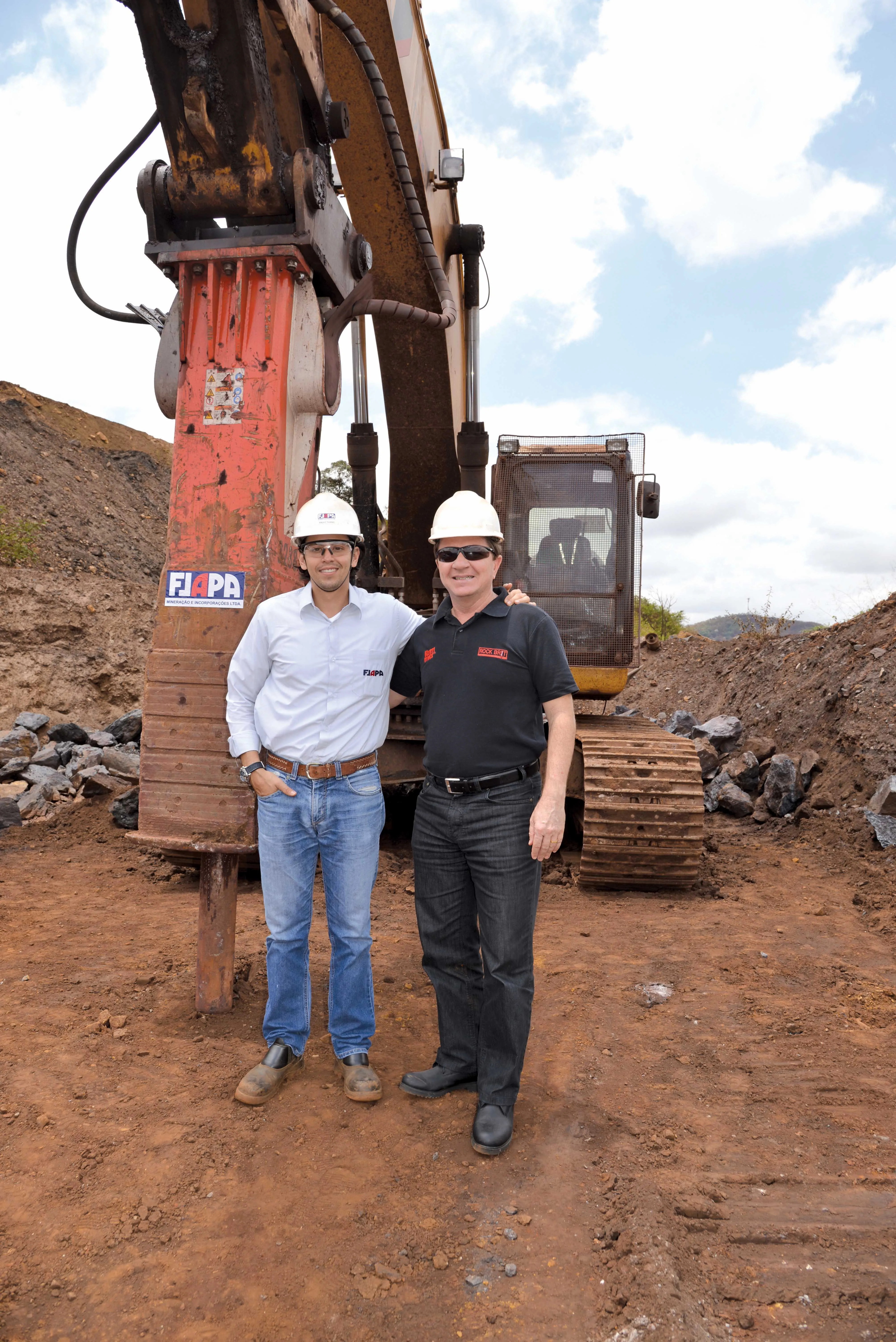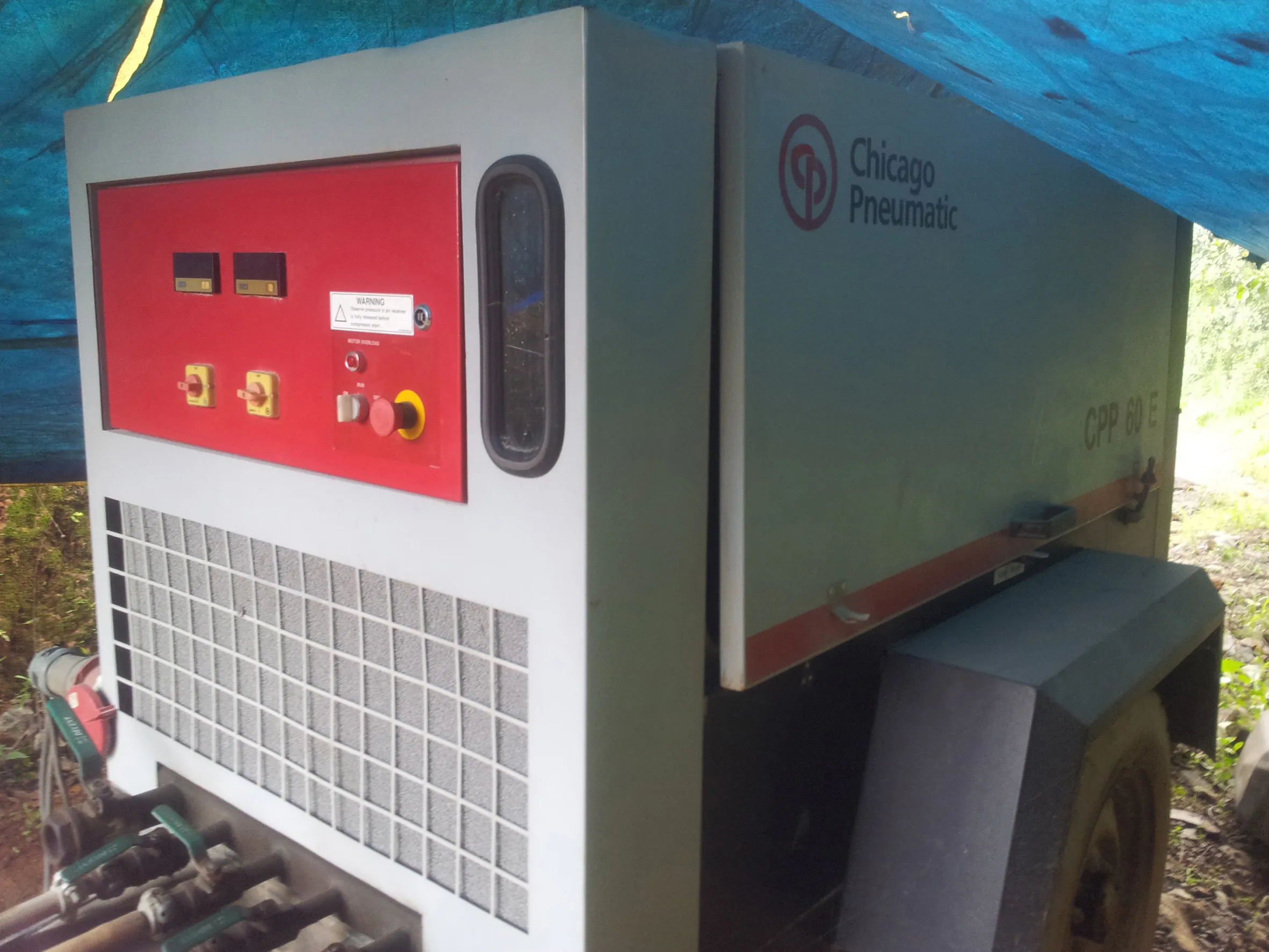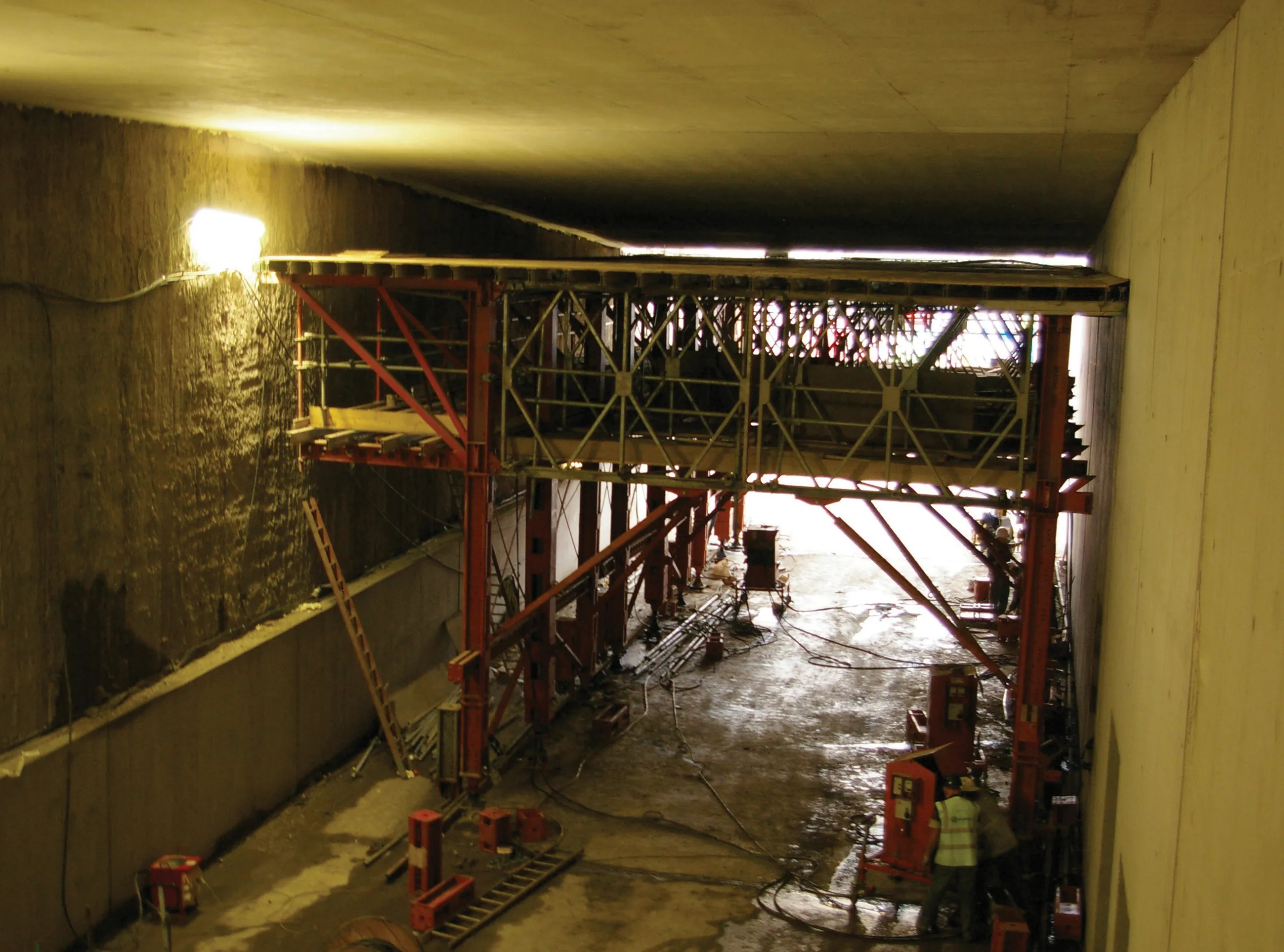Sandvik has carried out a two day Quarry Academy for key senior industry personnel in Qatar. The event was used to discuss blasting and crushing solutions to meet demand for the large volume projects forecast for the region. The event was jointly sponsored by local distributors Q-FAB and Boodai and was attended by around 40 key senior management figures from Qatari contractors, quarry operators and drill and blast companies. The event was run as a continuous lecture-style presentation on the quarry process.
February 6, 2012
Read time: 2 mins

Upcoming projects such as the new Doha Port, specifying the movement of more than 50 million m3, have not been undertaken before in Qatar and are expected to pose challenges for local and international contractors. Blasting was another topic under discussion, in terms of the high volumes and how it can be handled by the authorities. Solutions were also presented in introducing new blasting techniques and Sandvik hydraulic top hammer drill rigs for the first time in Qatar. Crushing solutions involving the removal and processing high volumes of aggregates, sand and gravel including reuse on the project and stockpiling were also discussed in detail. In meeting the challenges posed by these high volume projects, emphasis on new crusher technology and techniques with mobile, jaw, impactors and screens, were also analysed with the presentation of new mobile impactors, heavy scalping screens and mobile jaw crushers.








